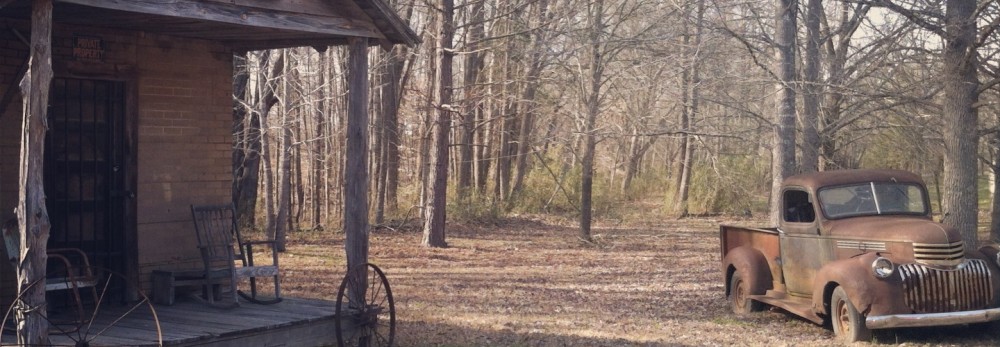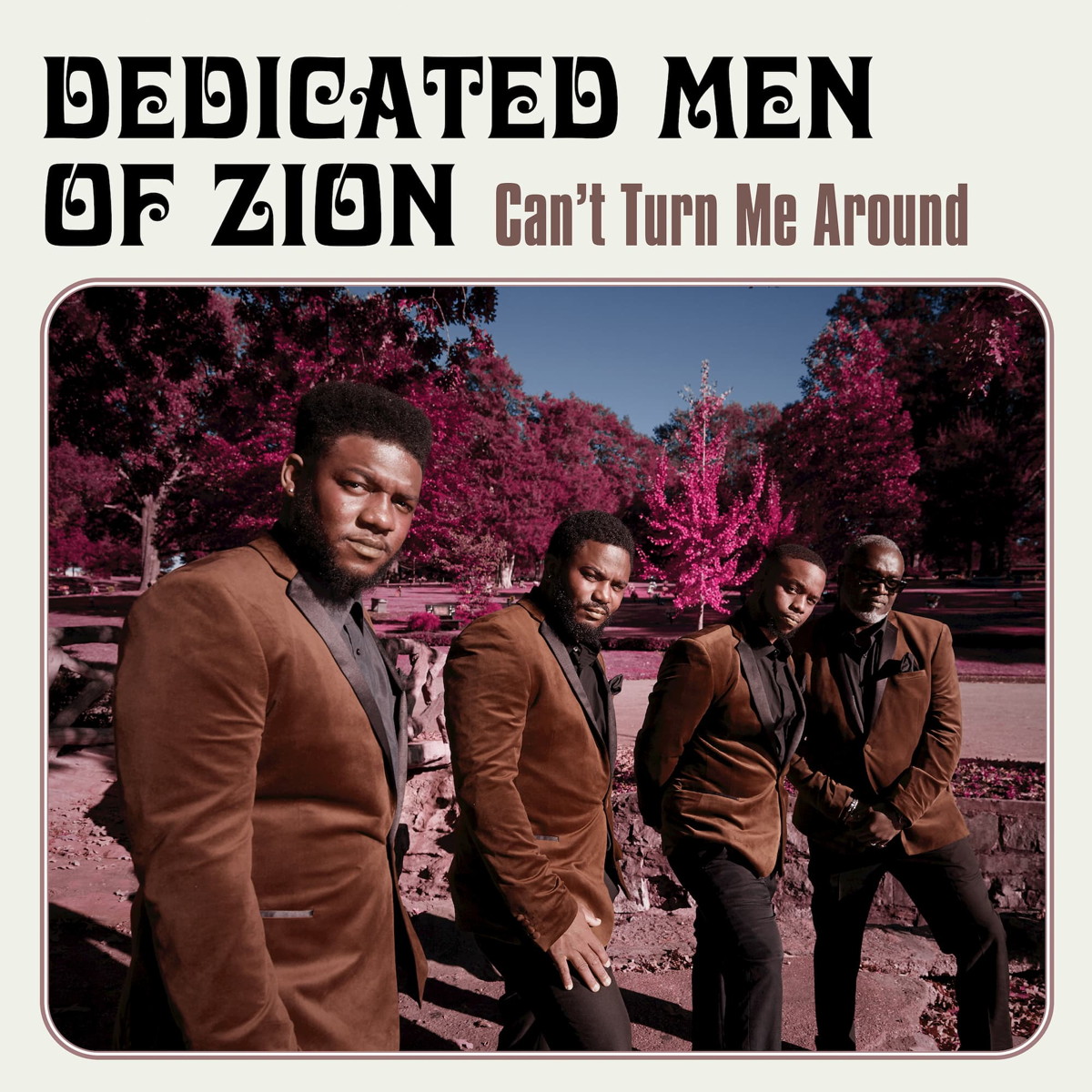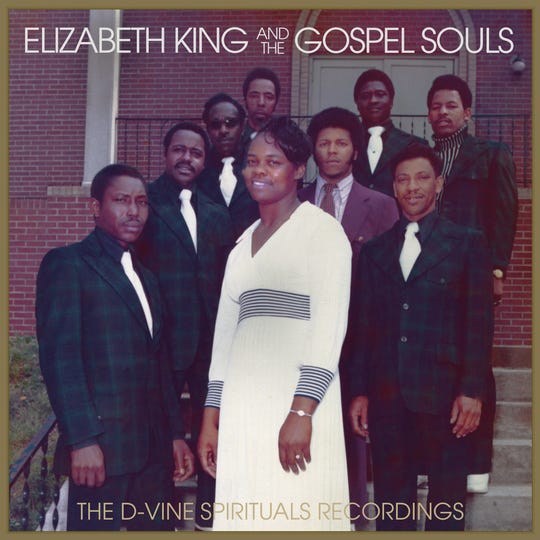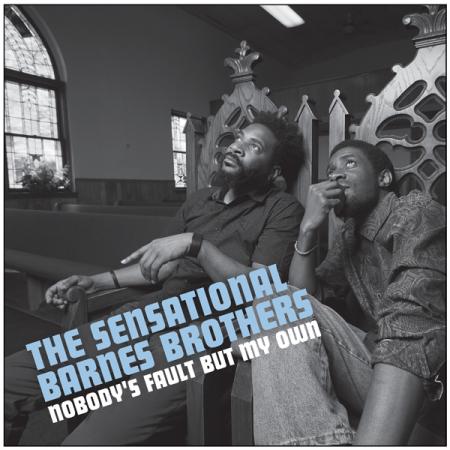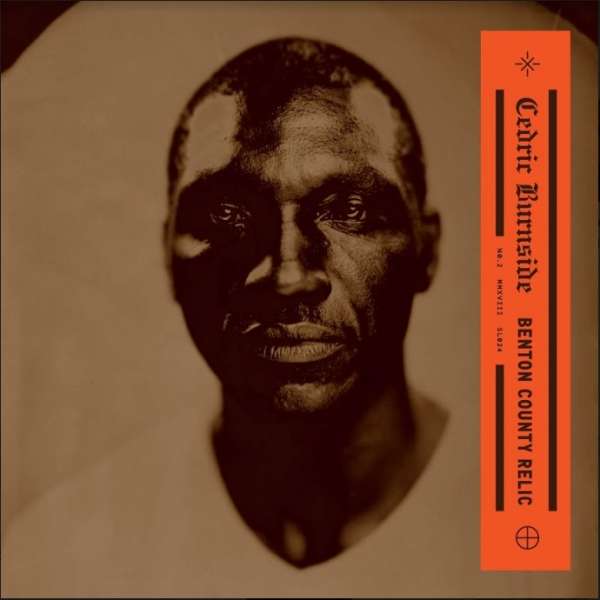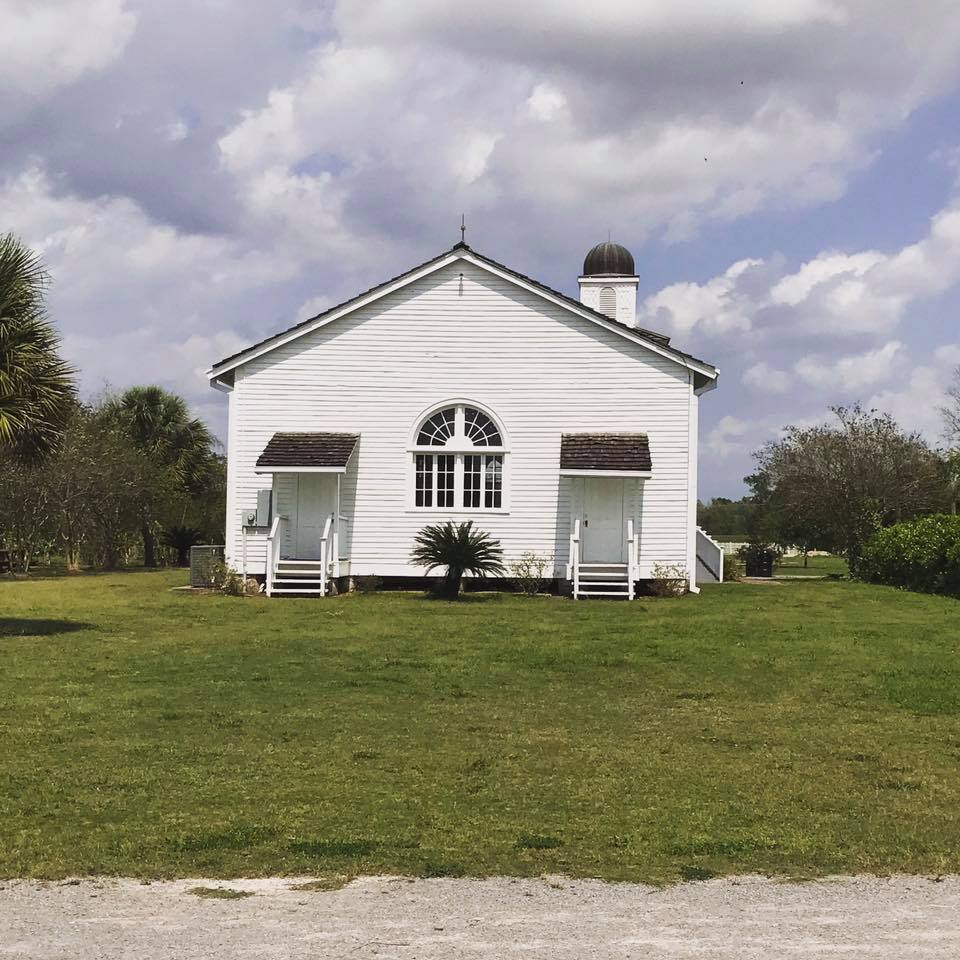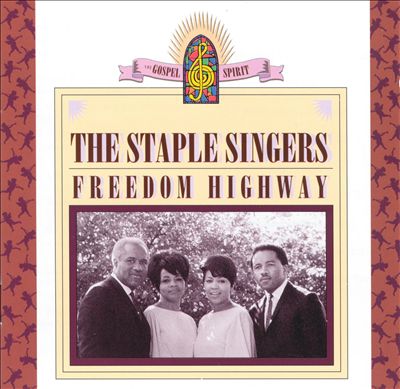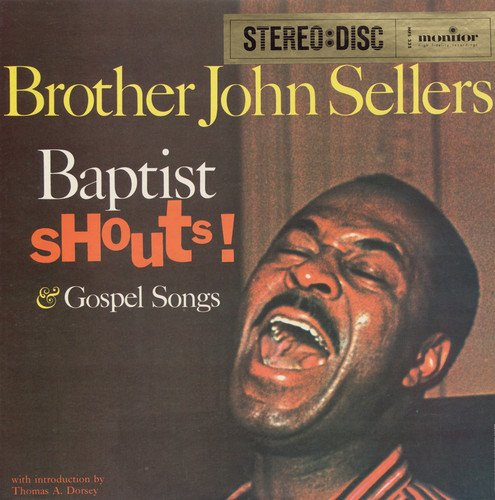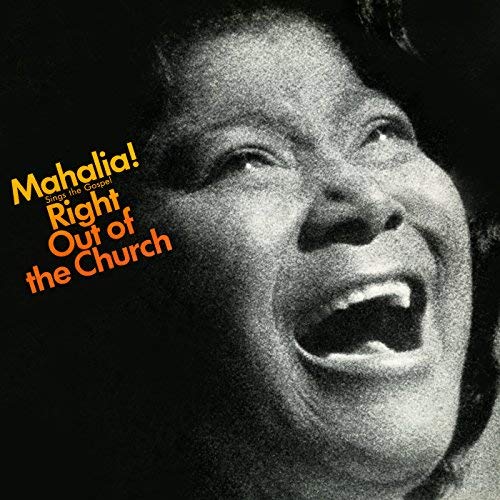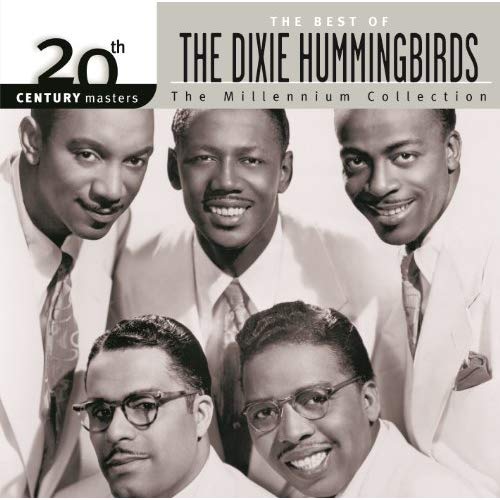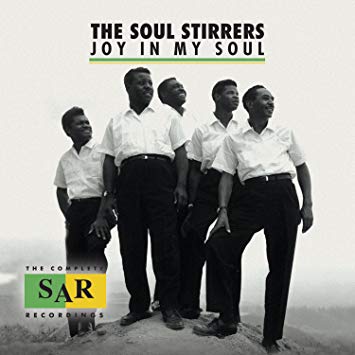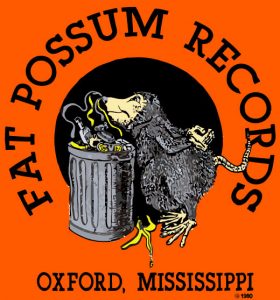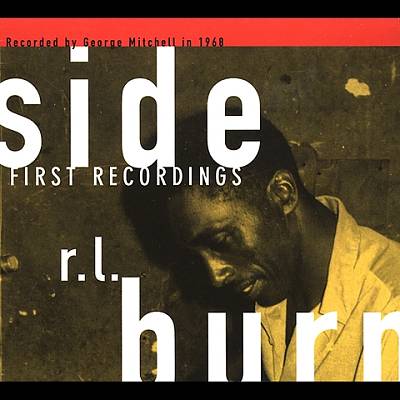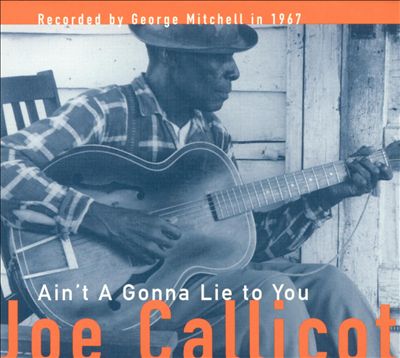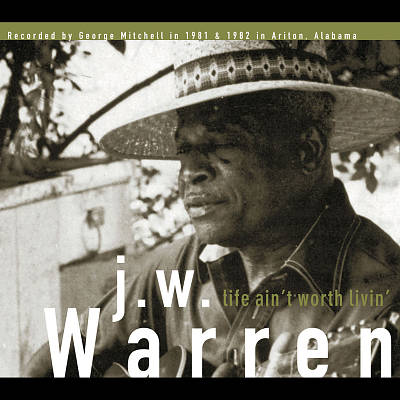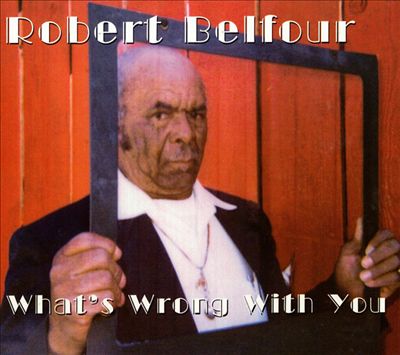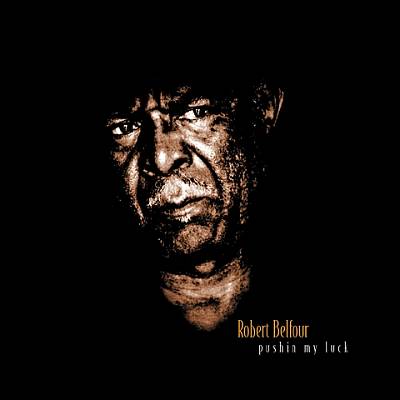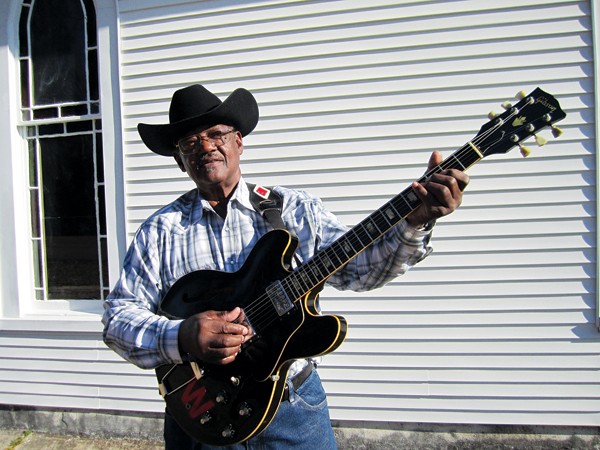
On the morning of October 6, 2020, The Reverend John Wilkins passed
away at the age of 76. A talented guitarist and performer, Wilkins
was enjoying some late in life success thanks to his recently released
albums YOU CAN’T HURRY GOD and TROUBLE. He was a popular performer at
Blues festivals and because of his unique Country/Blues guitar playing
style, many considered Wilkins to be one of the last living links to a
musical period long gone. He is survived by a loving family (some of
whom performed with him at his concerts) and will always be
remembered by members of the church where he was a pastor in Como,
Mississippi.
Born in Memphis in 1943 into a musical family Wilkins began playing
guitar at a young age thanks to his father, pre-war Blues guitarist
Robert Wilkins. Best known for his song “Prodigal Son” (which was
covered by The Rolling Stones in 1968), Robert Wilkins had a career
that started in the late 1920’s but didn’t enjoy mass success until
his “rediscovery” in 1964 as part of the Blues revival. From about
1936 until his rediscovery in ’64 Robert temporarily gave up playing
Blues and began focusing on Gospel music. It was during these years
that young John came into this world and began performing alongside
his father at church. While his father was probably his biggest
influence on his playing directly, John also soaked up the musical
sounds of Memphis during the 50’s and 60’s. He would go on to do
studio sessions and play in various groups around the city before
eventually settling down and becoming a pastor of the Hunter Chapel in
Como, Mississippi in 1985.
Even though Hunter Chapel had its fair share of blues musicians as
part of their congregation over the years once Wilkins took over as
pastor he gave up playing guitar entirely. He finally picked it up
again in 2003 after he attended a funeral for his friend, musician
Otha Turner. Inspired to pick up playing music again he got back into
performing and in 2010 he released his debut album YOU CAN’T HURRY GOD
(Big Legal Mess Records). The record was well received by many and
soon Wilkins found himself bringing the sound of the Mississippi Hill
Country (or as Wilkins called it “Hand-clappin’ foot-stompin” music)
to places like London and Paris. He became a major fixture at Blues
festivals all over the world and in 2019 recorded a follow up album.
All seemed to be going well for Wilkins and his family until April
2019 when he contracted COVID. Like many who have contracted the
disease Wilkins first found himself having trouble breathing and
feeling like he had the flu. He phoned his daughter and was quickly
admitted to a local hospital where he was hooked up on a respirator.
He stayed in the ICU for 5 weeks before his health slowly started to
improve. Then in mid June, Wilkins got the good news he was all clear
and returned home! Not long after his release from the Hospital he
released the album TROUBLE (Goner Records) that he recorded in 2019.
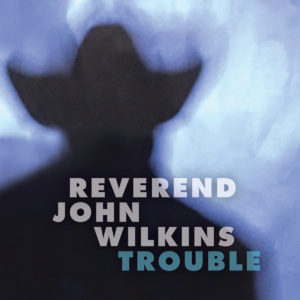
Recorded in Memphis at the legendary Royal Studios, TROUBLE was
finally released September 18th, 2020 and received rave reviews upon
its release . Formally the recording home of Willie Mitchell’s
Hi-Records (Al Green, Syl Johnson, Ann Peebles) Royal Studios has been
one of the prominent spots to record in the south since 1957. The
recording session was sort of a homecoming for Wilkins as he performed
on sessions here in his earlier years. The studio is also known for
taking Soul music to the next level in the 60’s and 70. So, it seems
only fitting that the album Wilkins recorded here would be musically
diverse. Featuring a little something for everyone, TROUBLE is truly a
Memphis record. Here we find Wilkins and his band mixing Country and
Soul along with their normal mix of Blues and Gospel thus giving the
album more of a “Southern Soul” feel then his previous record. It also
must be said that one of highlights on this record is hearing Wilkins’
own daughters perform alongside him.  Tangela Longstreet, Joyce Jones, Tawana Cunningham are all very talented in their own right and give the band sort of a Staple Singers sound on tunes like “Wade In The Water”, “Walk With Me”, and “Darkest Hour”.
If there’s any part of TROUBLE that is a bummer it’s that Wilkins
wasn’t alive long enough to see it enjoyed by his fans. As previously
mentioned he passed away October 6, 2020 from unknown causes. While he
will be missed by many all over the world we are fortunate he left us
two wonderful albums of music along with a lifetime of memories.
Hopefully his music will live on and find new listeners in the years
to come. After all, who doesn’t love some good Hand-clappin, foot-stompin’ music!
REV. JOHN WILKINS albums are currently available for streaming on Spotify and for purchase through most on-line retailers.Â
YOU CAN’T HURRY GOD (Big Legal Mess Records) 2010
TROUBLE (Goner Records) 2020
